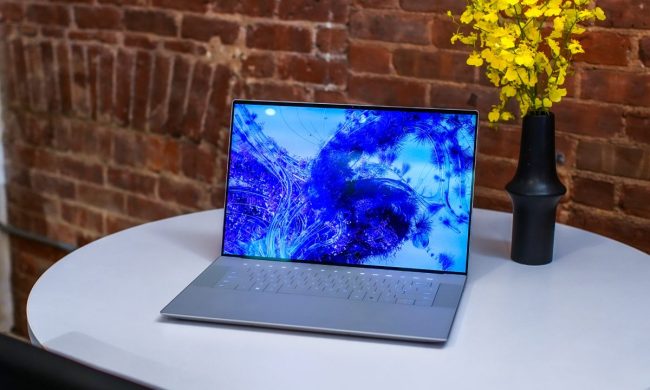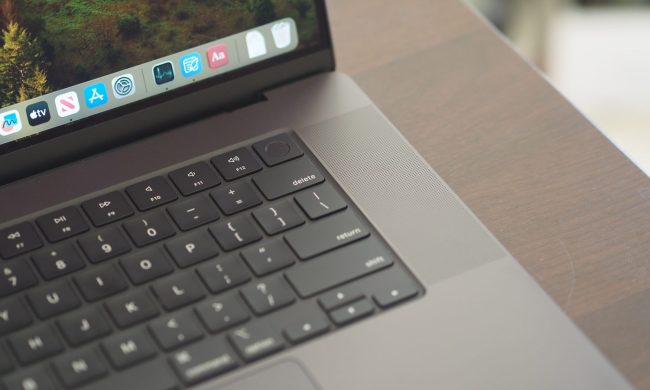Apple has issued a worldwide recall of its 2015 MacBook Pro 15 laptops after overheating issues with its battery were discovered. This recall was announced as the U.S. Consumer Product Safety Commission has confirmed 26 “fire hazard” battery overheating incidents, including five confirmed accounts of minor burns and one of smoke inhalation, in the U.S. and Canada. In response to the issue, Apple has advised 2015 MacBook Pro 15 owners to check the serial number of their device and, if it is confirmed to be affected, return it to Apple for a free battery replacement.
This announcement marks the first time Apple has had to issue a recall of its laptop batteries since 2006. With 458,000 2015 MacBook Pro 15 laptops sold in the U.S. and Canada alone during the roughly two-year time frame Apple estimates to be impacted, it could also make this the largest laptop battery recall of the past 5 years, if not longer, depending on the final tally of returned devices.

Even worse, given the severity of the reported issue and the fact that the battery is so thoroughly embedded that it is nearly impossible to replace yourself, owners will have no choice but to go without their laptop until Apple completes their repairs. For consumers who rely on their laptop for work, this is a huge blow.
Considering the potential scope of the recall, this may erode Apple’s reputation for delivering quality hardware in the long term, though it is too early to say whether this will be the case just yet. The other major battery failure of the last decade, which resulted in the complete cancellation of Samsung’s Galaxy Note 7 line, had a dramatic effect on the manufacturer’s stock prices and reputation which is still being felt today. Apple has proven resilient to criticism on account of its staunchly loyal fanbase and enviable marketing, but this may pose a serious challenge to how far it can count on these.
Apple’s image may also be buoyed by the fact that it took so long for its hardware flaws to emerge, whereas the Samsung Galaxy Note 7 was found to be dangerously faulty in its opening weeks of sales. However, the more regular use that most consumers devote to their smartphones compared with laptops may account to the swift discovery of the Galaxy Note 7’s battery issues.
Regardless, the battery recall is bad news for Apple, as it evidences either an uncharacteristic blunder, or an alarming backslide in quality, from the hardware giant. Even more worrying, with Apple and others seriously contemplating moving their manufacturing base out of China, and into unproven — and potentially unreliable — new third-party suppliers, such hardware failures could happen with greater frequency.



